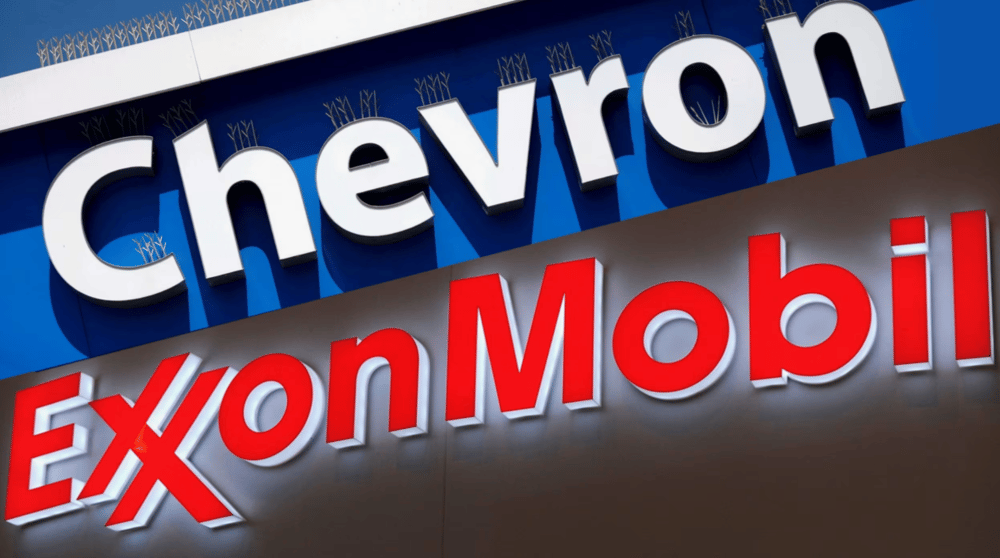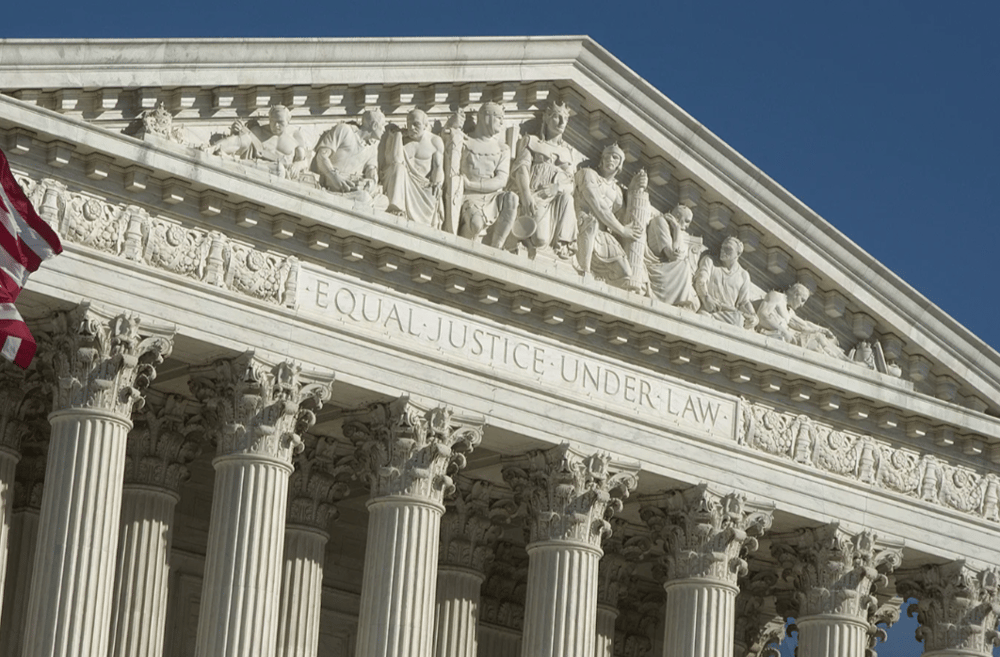The U.S. Supreme Court has agreed to hear a high-stakes appeal from major energy companies including Chevron Corp. $CVX and Exxon Mobil Corp. $XOM concerning climate liability lawsuits brought by Louisiana coastal parishes. The litigation centers on decades of alleged environmental degradation tied to oil and gas production—specifically in Plaquemines and Cameron Parishes—amid claims that these activities exacerbated coastal erosion and climate vulnerability.
The central legal dispute revolves around jurisdictional authority. The energy firms argue that the lawsuits belong in federal court, citing that some oil extraction was conducted under U.S. government contracts during World War II, a context they assert invokes federal interests. The lower appellate court previously ruled in favor of state-level adjudication, prompting the petition to the Supreme Court.
Energy Companies Seek Federal Venue in Environmental Accountability Case
The outcome of this case could significantly alter the legal landscape for environmental litigation in the U.S., especially where fossil fuel companies are defendants in climate-related suits. Plaintiffs in Louisiana claim long-term oil and gas operations devastated natural barriers and accelerated land loss, compounding the state’s exposure to hurricanes and rising sea levels.
Defendants including Chevron and ExxonMobil argue that they performed some of the contested activities at the direction of the federal government, thus qualifying the disputes for federal jurisdiction. Legal experts note that federal courts tend to be more receptive to industry-based defenses, including preemption arguments and limits on state tort claims.
Key Facts
🛢️ Companies involved: Chevron, ExxonMobil, Shell, BP, and others
⚖️ Legal issue: Whether climate damage lawsuits belong in state or federal court
🗺️ Plaintiffs: Plaquemines Parish and Cameron Parish, Louisiana
🌊 Allegations: Decades of oil drilling accelerated coastal erosion
🧾 Defense: Activities executed under federal wartime contracts
🏛️ Supreme Court review announced on Monday, June 17, 2025
Market Reactions and Legal Community Response
The Supreme Court’s decision to grant certiorari has marketwide implications for fossil fuel firms facing growing climate-related legal exposure. While not a ruling on the merits, the case could either solidify state court pathways for environmental lawsuits—or erect jurisdictional barriers that protect corporations under federal procedural frameworks.
Legal analysts view the court’s willingness to hear the case as a strategic opening for industry defendants who have struggled to remove similar lawsuits from state court systems, particularly in California, Maryland, and Rhode Island. Some environmental law scholars express concern that a broad ruling favoring the defendants could stall momentum in local climate accountability efforts.
From a financial perspective, shares of Chevron and ExxonMobil were largely stable following the announcement, indicating that investors had already priced in the long litigation horizon. However, litigation watchers warn that future liability outcomes could still have material balance sheet consequences, particularly if state court judgments result in substantial remediation or restitution awards.
Key Takeaways
Jurisdictional clarity will impact dozens of similar lawsuits nationwide, affecting strategy for plaintiffs and defendants.
Energy firms argue federal oversight justifies federal court jurisdiction, especially when wartime contracts are involved.
Local governments are testing the limits of tort-based climate accountability using environmental degradation claims.
A Supreme Court ruling in favor of federal jurisdiction could consolidate corporate defense strategies nationwide.
State vs. federal court placement often determines litigation tone, discovery scope, and trial outcomes.
A Jurisdictional Showdown With National Climate Litigation Implications
The Supreme Court’s decision to hear the appeal from Chevron, ExxonMobil, and other oil majors marks a pivotal moment in the evolution of climate change litigation in the United States. While the Court will not decide on liability itself, its ruling on venue jurisdiction could define the trajectory of numerous pending and future lawsuits related to fossil fuel-driven environmental harm.
The jurisdictional precedent will not only affect Louisiana’s legal efforts to restore its coast but also the broader legal tools available to states and municipalities seeking climate redress from major carbon emitters. As climate law matures, the battleground now includes not just the scientific facts—but also the courtrooms in which those facts are adjudicated.







We’re seeing a clear shift toward ecosystems designed for agility and intelligent systems